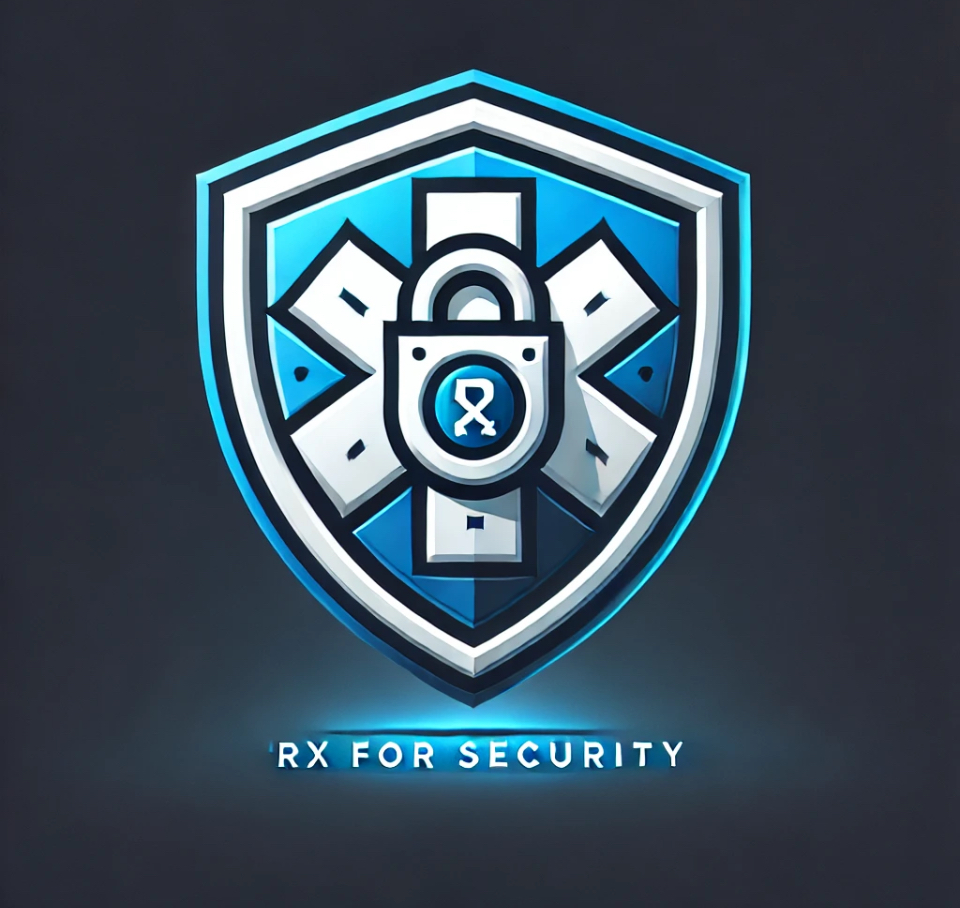Cyber criminals are setting their sights on small healthcare providers, and the numbers don’t lie—58% of cyberattacks now target small businesses, with healthcare being one of the biggest victims. Shockingly, nearly 90% of healthcare organizations have suffered a data breach in the last two years, and for small practices, the consequences can be devastating. A single HIPAA violation can cost anywhere from $100 to $50,000 per patient record, and when breaches expose thousands of records, the financial fallout can put a practice out of business. In fact, 60% of small healthcare providers close within six months of a major cyber incident. The truth is, staying compliant with HIPAA isn’t just about avoiding fines—it’s about protecting your patients, your reputation, and your livelihood.
When you’re in the emergency room with a family member teetering between life and death, the last thing you’re think about is whether or not your healthcare provider is safeguarding your loved one’s personal health data or financial information.
Many small healthcare providers believe they’re too small for hackers to notice. But in reality, cyber criminals prefer easy targets—practices with minimal security, outdated systems, and staff who aren’t trained to recognize threats. Unlike large hospital networks with dedicated IT security teams, small clinics often lack the resources to defend against sophisticated attacks. This makes them prime targets for phishing scams, ransomware, and insider threats.
Even a simple mistake, like clicking a malicious email link, can expose sensitive patient data, triggering a costly HIPAA violation. And once a breach occurs, it’s not just the fines that hurt. The damage to a provider’s reputation can be irreversible, leading to lost patients, lawsuits, and financial ruin.


The Role of Security Awareness Training
Many breaches happen because of human error, not technology failures. A front desk receptionist who falls for a phishing email, a nurse who shares login credentials, or a doctor who accesses records on an unsecured device—these everyday actions can open the door to a full-blown data breach.
That’s why HIPAA-mandated security awareness training is so critical. It’s not just about compliance—it’s about building a culture of security where every employee understands their role in protecting patient data. Training helps staff:
✔ Recognize phishing attempts and social engineering tactics
✔ Use strong passwords and multi-factor authentication (MFA)
✔ Follow proper procedures for handling patient data
✔ Identify and report suspicious activity before it becomes a breach
Training Doesn’t Have to Be Overwhelming
Many small practices hesitate to implement security awareness training because they fear it’s too complex, too time-consuming, or too expensive. But the truth is, training doesn’t have to be a burden.
A simple, ongoing training program—delivered in short, engaging sessions—can make all the difference. Employees don’t need to become cybersecurity experts; they just need practical, real-world knowledge that helps them recognize and respond to threats.
Investing in Protection = Investing in Your Future
HIPAA compliance is often seen as a legal obligation, but it’s much more than that. It’s an investment in the future of your practice and the trust of your patients. Small healthcare providers can’t afford to assume they’re safe. By prioritizing security awareness training, you’re not just avoiding fines—you’re safeguarding your livelihood, your reputation, and the well-being of those who rely on you.
In today’s digital world, knowledge isn’t just power—it’s protection. Don’t wait until a breach happens to take security seriously. Start building a culture of cybersecurity awareness today.


Leave a Reply